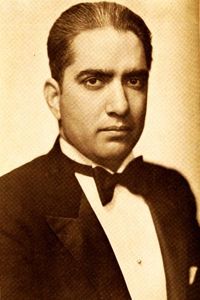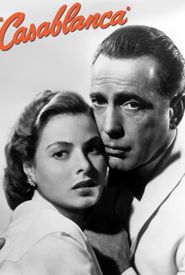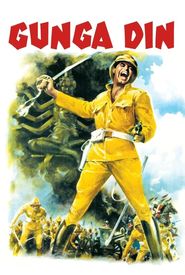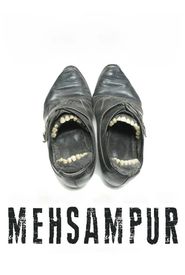Lal Chand Mehra, a multifaceted individual, made a significant impact on American society by shedding light on his native India, a country with a rich cultural heritage. Born into a prominent Hindu family, Mehra pursued his undergraduate studies at the University of Punjab, where he honed his skills in English.
Later, he migrated to the United States in the 1920s and furthered his education at the University of California, Berkeley, earning degrees in education and philosophy. Mehra's early foray into the film industry was as a title translator and extra in the silent film "King of Kings".
He also appeared in various movie roles, often playing the part of a dignified Indian gentleman, which became known as "turban wrapper" roles. Although these roles were often uncredited, Mehra's contributions behind the scenes were invaluable, as he provided expert guidance on matters related to India.
Mehra's connection to India extended beyond the film industry. He served as an attaché for the visiting Indian hockey team during the 1932 Los Angeles Olympics. In 1933, he married Georgia Williams, a concert violinist, and settled in San Francisco.
As an educator, Mehra was affiliated with the UCLA extension, where he delivered lectures and radio presentations on Indian culture and current events. His passion for sharing knowledge about his homeland with Americans helped to bridge the cultural divide between the two nations.
Lal Chand Mehra passed away in 1980, leaving behind a legacy that continues to inspire and educate people about the beauty and diversity of Indian culture.
















































